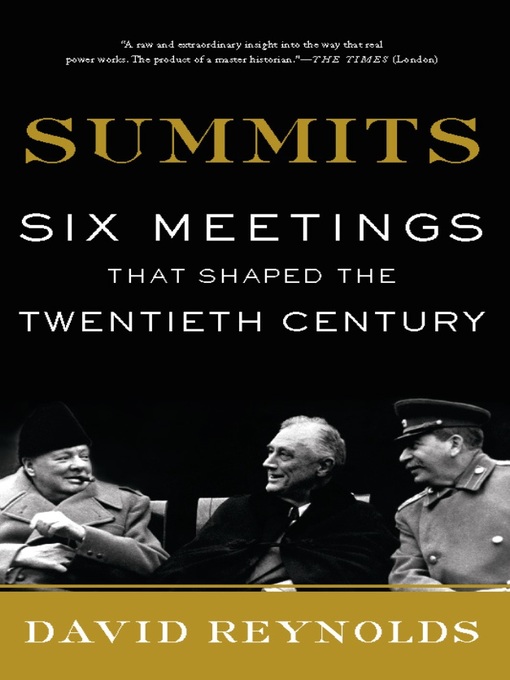- Newly Added eBooks
- Newly Added Audiobooks
- Mysteries for Book Lovers
- If you like Colleen Hoover...
- April Showers Bring May Flowers
- Look Who's Talking Now
- Mental Health Awareness
- Once Upon a Crime
- Good Enough to Eat
- Modern Horror
- Popular Nonfiction
- Trending on BookTok
- American History
- See all
-
Description
-
Details
-
Reviews

Kindle Book
- Release date: April 14, 2009
OverDrive Read
- ISBN: 9780786744589
- Release date: April 14, 2009
EPUB ebook
- ISBN: 9780786744589
- File size: 3989 KB
- Release date: April 14, 2009

Loading
